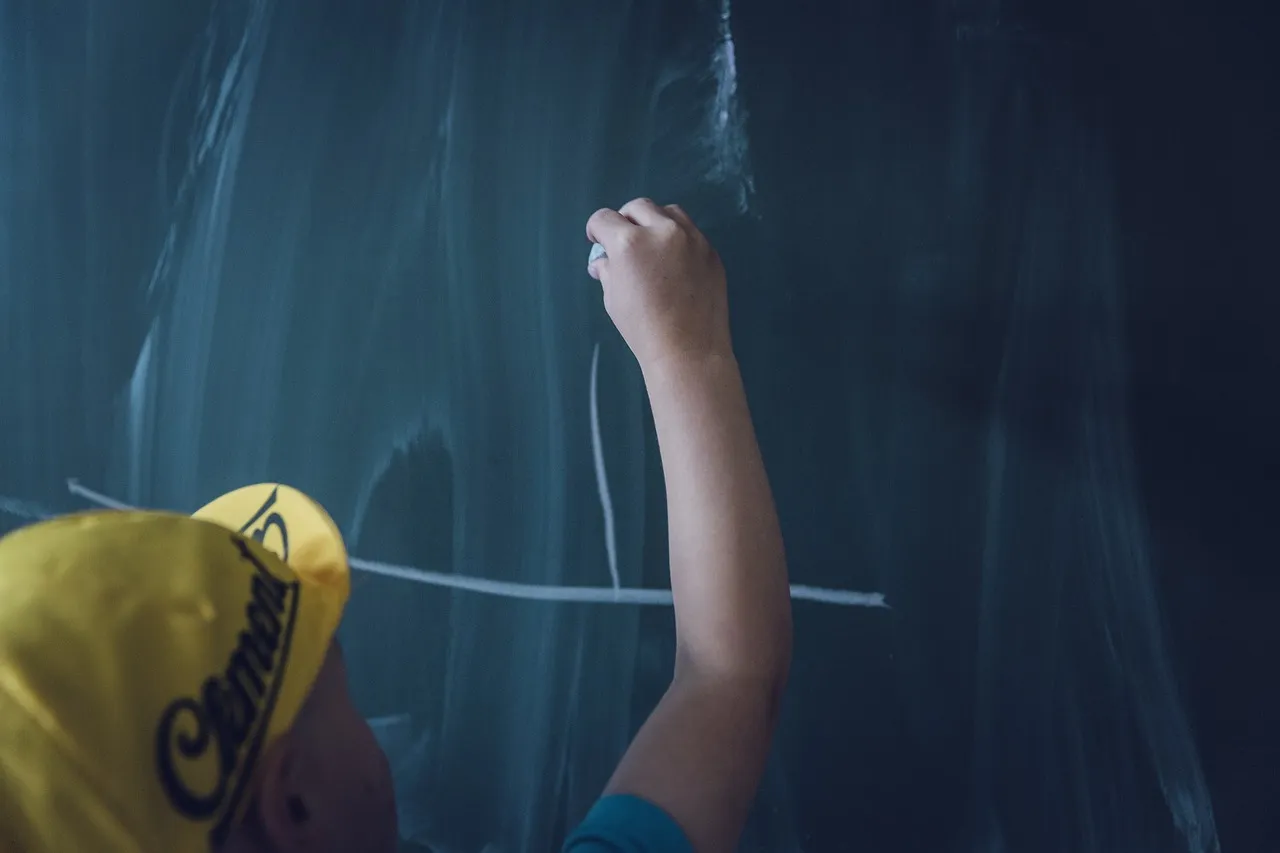
Over the last few years, homeschooling has been experiencing a surge in the U.S, and it's now estimated that around 2 million children are educated this way at the moment.
In recent years, homeschooling has seen growth of about 8 percent every year. This means that there could be more children being homeschooled than there are attending charter schools.
People of all different beliefs/backgrounds have been increasingly moving toward this schooling option. The homeschooling community includes: atheists, Catholics, Christians, Mormons, libertarians, liberals, low income families, middle income families, high income families, parents with formal post secondary education, parents without, and so on.
It really is a mixed bag, and there is something for everyone; because the process is individualized to the consumer and their needs.

Myth #1 – Homeschooled Kids Are Anti-social
It's really baffling to try and understand why some people might still believe that in 2017, that the only way for a child to become socialized is to attend a public school. It simply isn't the case. Just because the children don't attend a public school doesn't mean that they still cannot reach out in their community and join a variety of teams/programs. The internet makes it especially convenient today for children to find other kids in their community who have the same interests.
There are a myriad of homeschooling resources out there for parents and it really helps them to provide a richer learning experience for their child. One where they can cater to and meet their own unique needs, because everyone learns differently and at a different pace. Homeschooling parents have held things like dances, soccer classes, field trips, and more. There is plenty of opportunity for homeschooled children to meet other kids and form friendships, not only through homeschool channels but through other extracurricular activities as well.
You might get the "I knew a guy who was homeschooled one time, and he was weird" anecdote, but that unfortunately doesn't translate to supporting the notion that the homeschooling method itself breeds antisocial tendencies. Because we can see that it doesn't and that millions of children are effectively socialized despite their choice to learn from home.

Myth #2 – Homeschooled Kids Are Less Intelligent
Homeschooled children have managed to be accepted to prestigious educational institutions like Harvard, MIT, and others. In fact, studies show that homeschooled children are likely to do better than public school kids when it comes to their tests and college prep. It's obvious that homeschooled students might have an academic edge over their peers, as they are afforded a less restrictive learning environment and the freedom to explore their own interests further. Multiple studies have found that education in public schools is outperformed, in areas of math and reading for example, by the success that children are having in learning at home. They have also been seen to score better on their SAT and ACT exams.
One 2009 study showed homeschoolers graduate college at a rate of 67 percent, compared to public schoolers who graduate at about 59 percent.
The right kind of homeschooling really looks to be able to give the individual an edge against their peers. It creates an environment that is unique to them and their own needs, so that they have a better chance to focus on what's important and reap the benefits. They don't have to worry about things like bullying, drugs, and other public school problems, because all they need to concern themselves with are the lesson they're learning.
The learning lessons in homeschooling are all about uniqueness, individualization, and personalization. And this is a big difference from the cookie-cutter factory farming public school model that many areas operate with today. Where students are unable to get the individual attention and training that they need, because public resources are stretched too thin.
Finding Freedom In Education

Homeschooling helps to foster an open-mind in the child and it affords the children the chance to experience new things, something that they likely wouldn't have had the opportunity with had they went to public school. It doesn't necessarily have to be a blackboard set-up in the kitchen, with the children limiting themselves to only lessons being taught in the home. But rather, homeschooling refers to a lack of control in allowing only one educational institution to raise the child, it provides more diversity.
Homeschooled children have the option to sign up for a variety of training classes, programs, teams, and courses, thus enabling them to have a much richer learning experience.
It has also been seen that for those families who are engaged in homeschooling lessons with their children, that they are not dependent on any public or tax-funded resources for their kids. This means that American taxpayers are saving themselves roughly $24 billion every year, thanks to the children who choose to homeschool.
It is clear that there are benefits to the community, as well as to the family and individual learning. And when asked why parents choose to homeschool their kids, a number of reasons are given as to why. Maybe their child has specific medical needs and they want to look over them? They want to provide a safer environment for them? Perhaps they want to form a stronger bond with them? Be able to customize what they learn? Allow their children to accomplish more academically than they could in public school? The reasons are many why families turn to this method.
Pics:
Pixabay
http://i.bnet.com/blogs/homeschool.pdf
http://www.businessinsider.com/structured-homeschool-canada-2011-9
http://healthland.time.com/2011/09/15/high-marks-for-home-schooling-a-small-study-finds/
http://www.businessinsider.com/homeschooing-more-popular-than-ever-2017-1
http://www.theblaze.com/news/2011/09/15/study-home-schooled-kids-beat-public-school-kids-in-math-reading/
https://nces.ed.gov/programs/coe/indicator_cgb.asp
http://files.eric.ed.gov/fulltext/ED556234.pdf